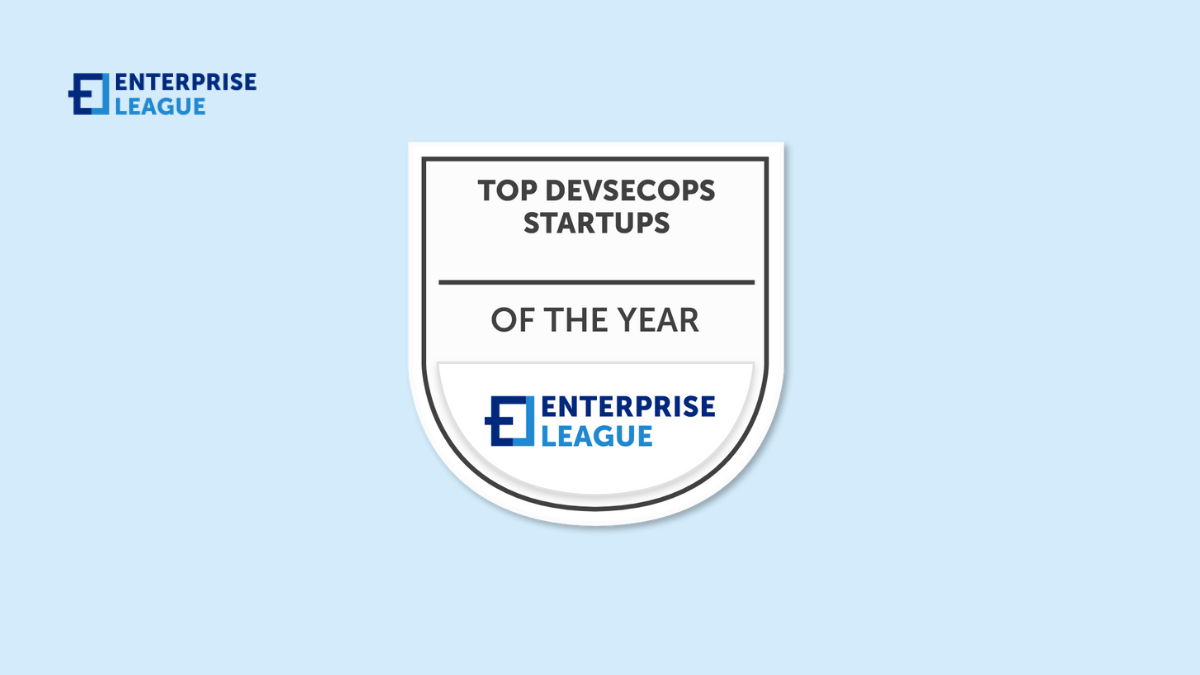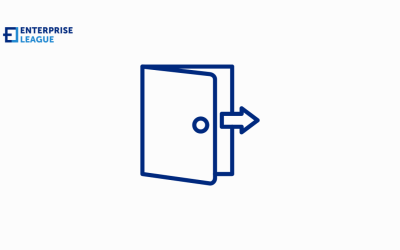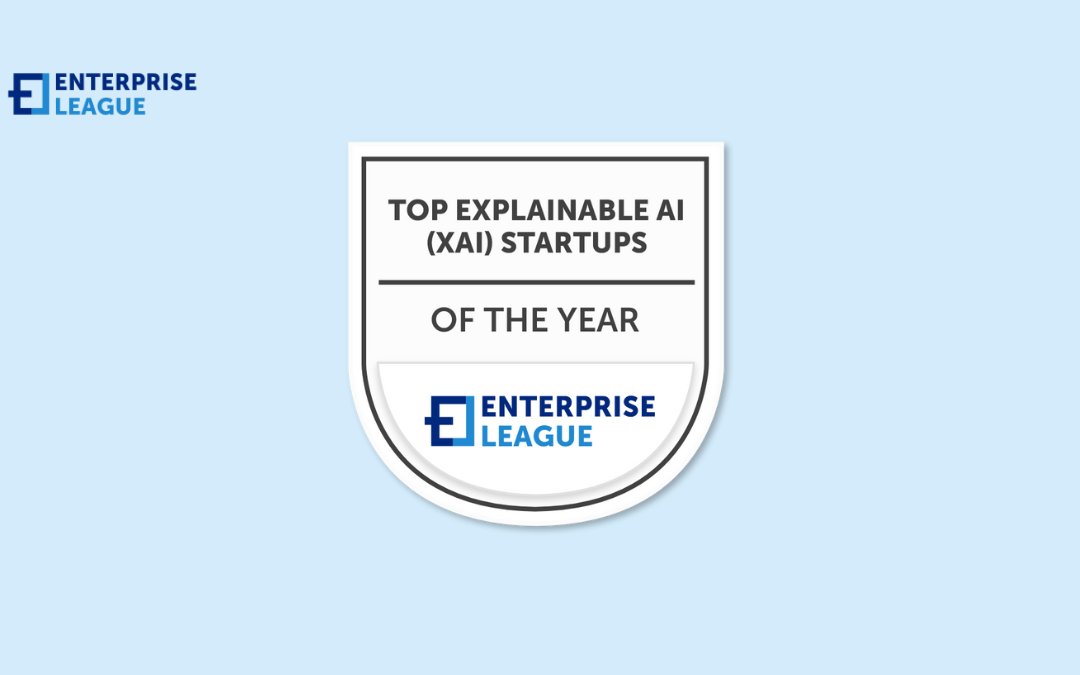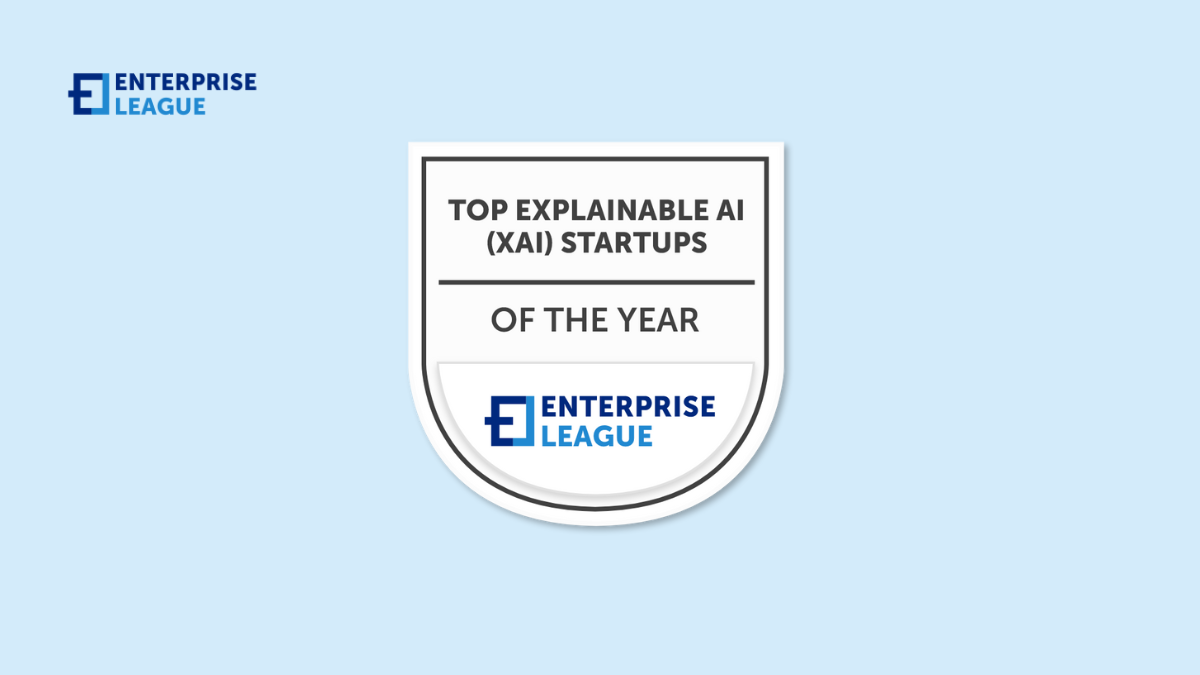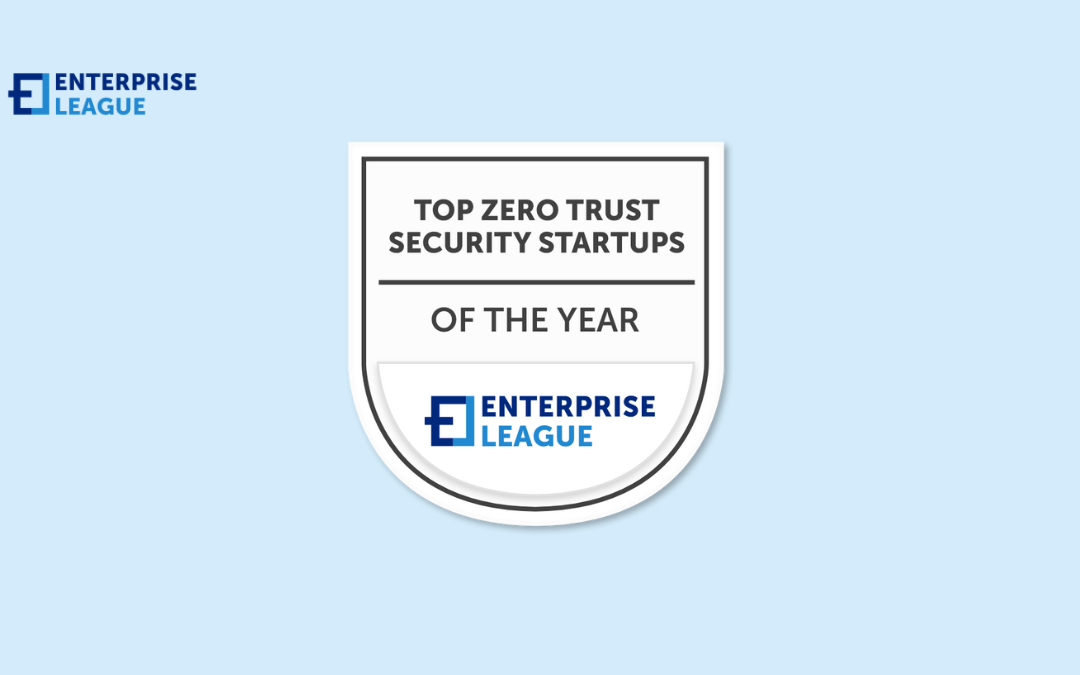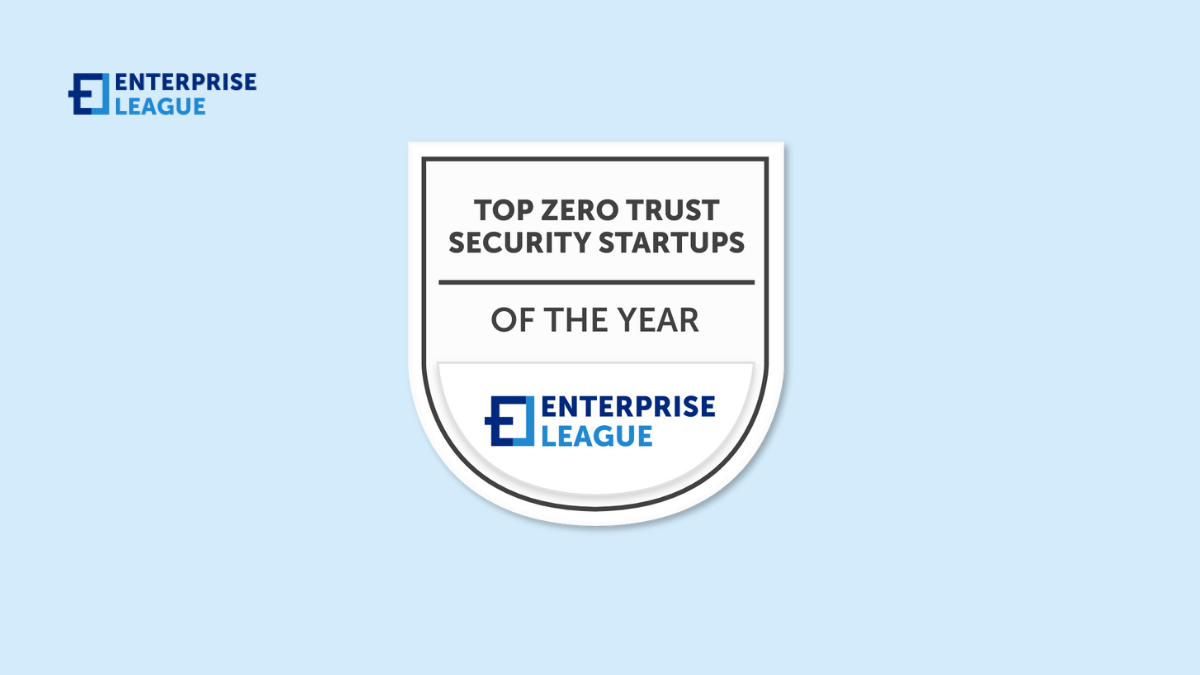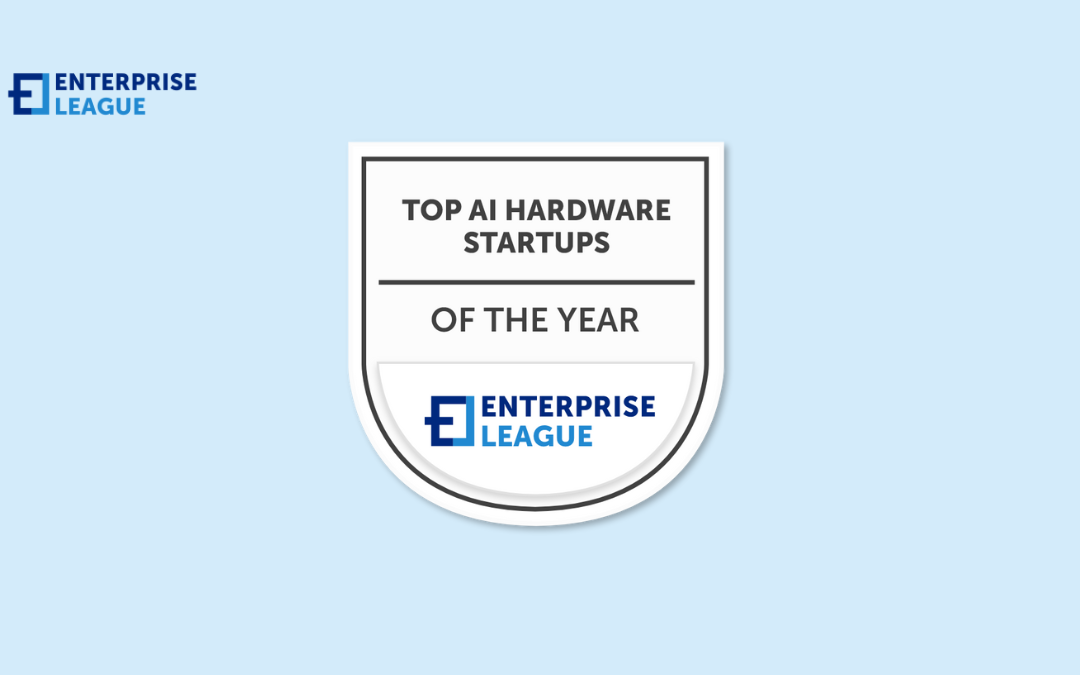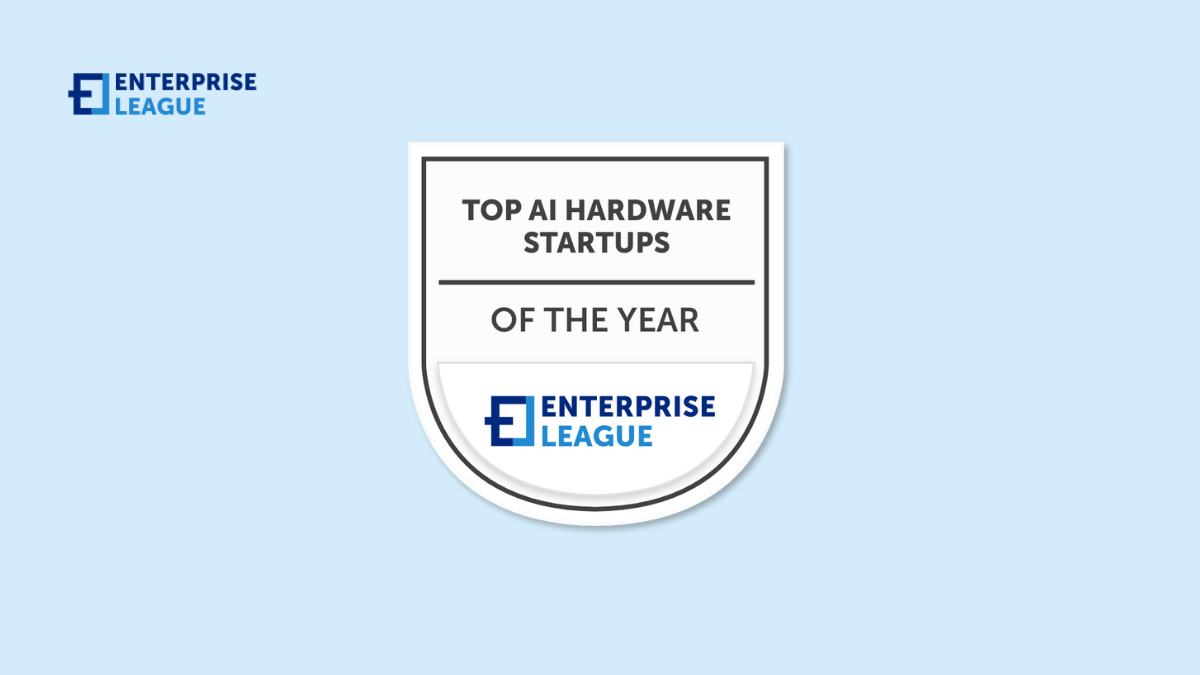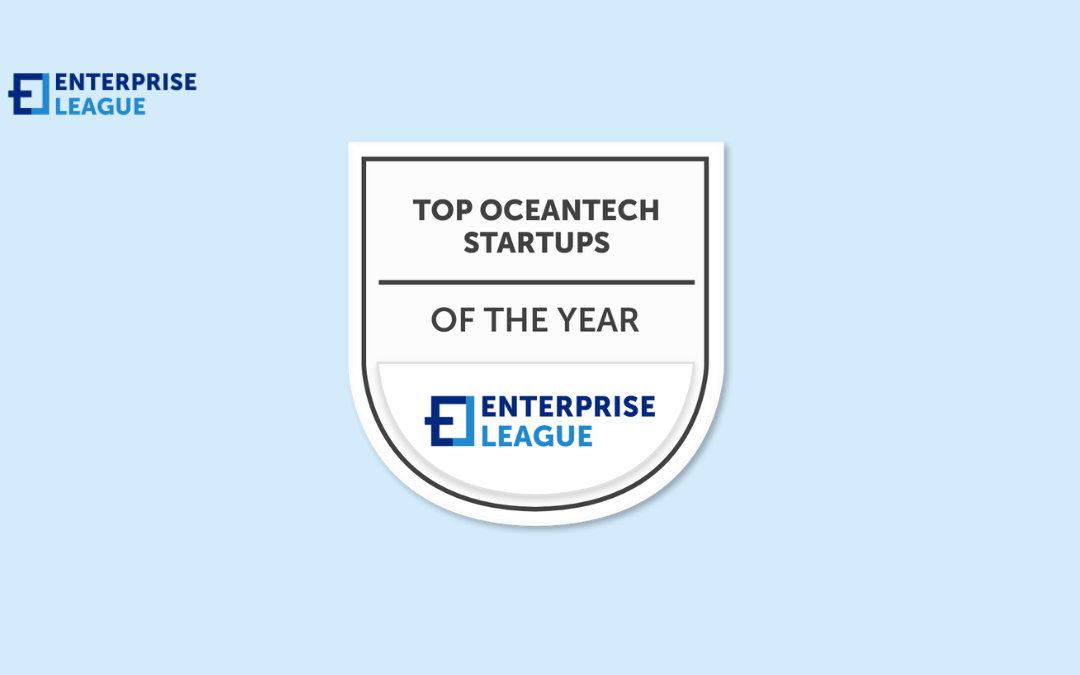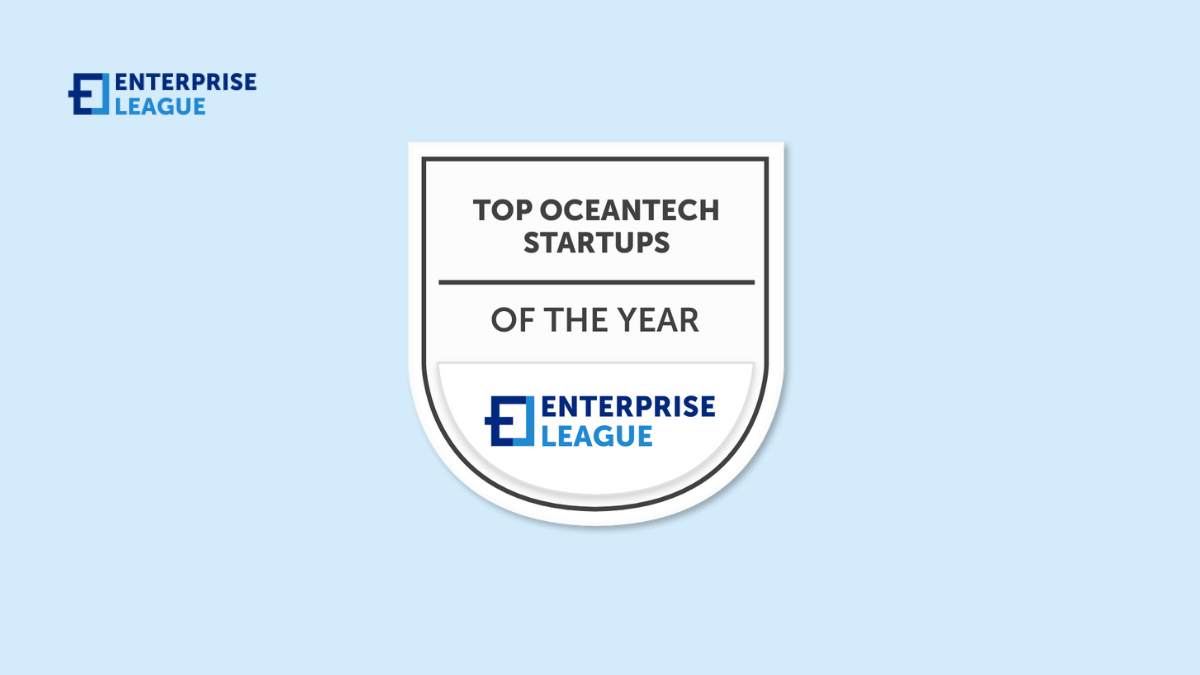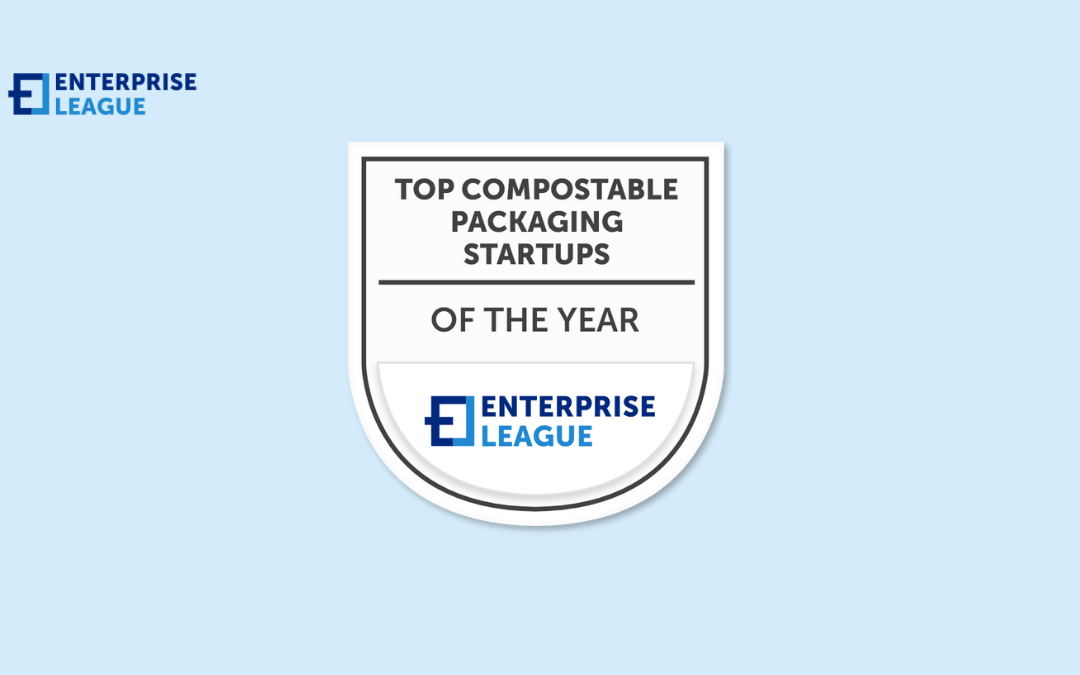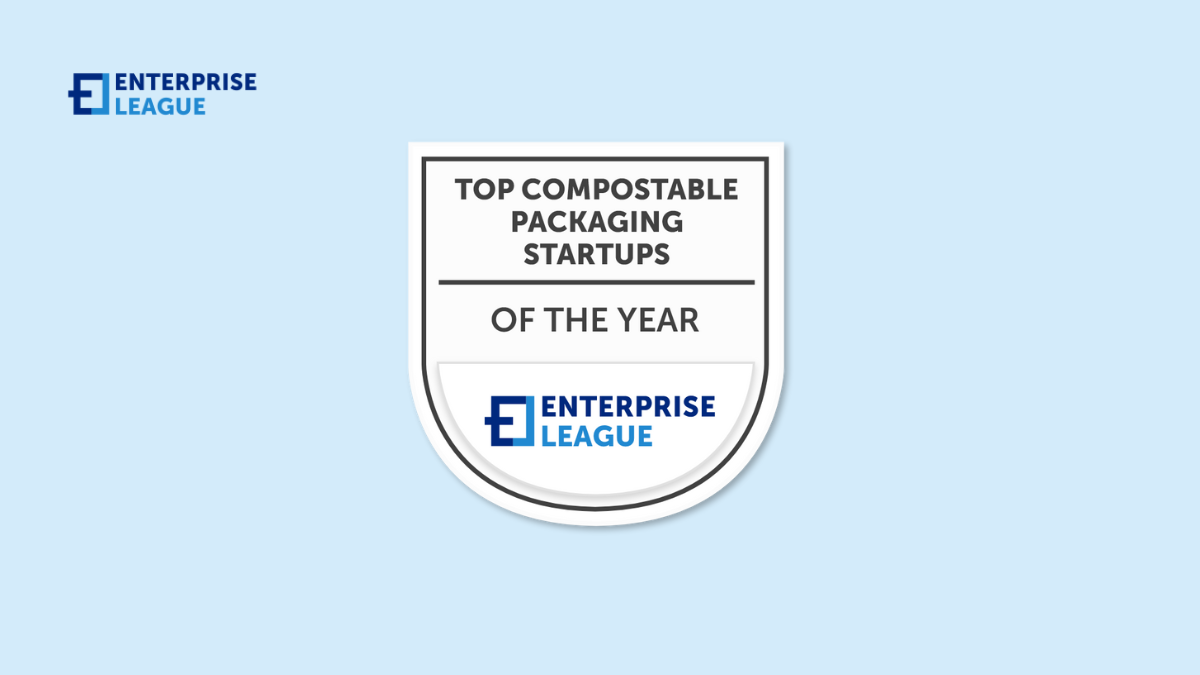Developing healthy financial habits is crucial for building a strong financial foundation. Here’re four habits you should adopt to secure your financial future.
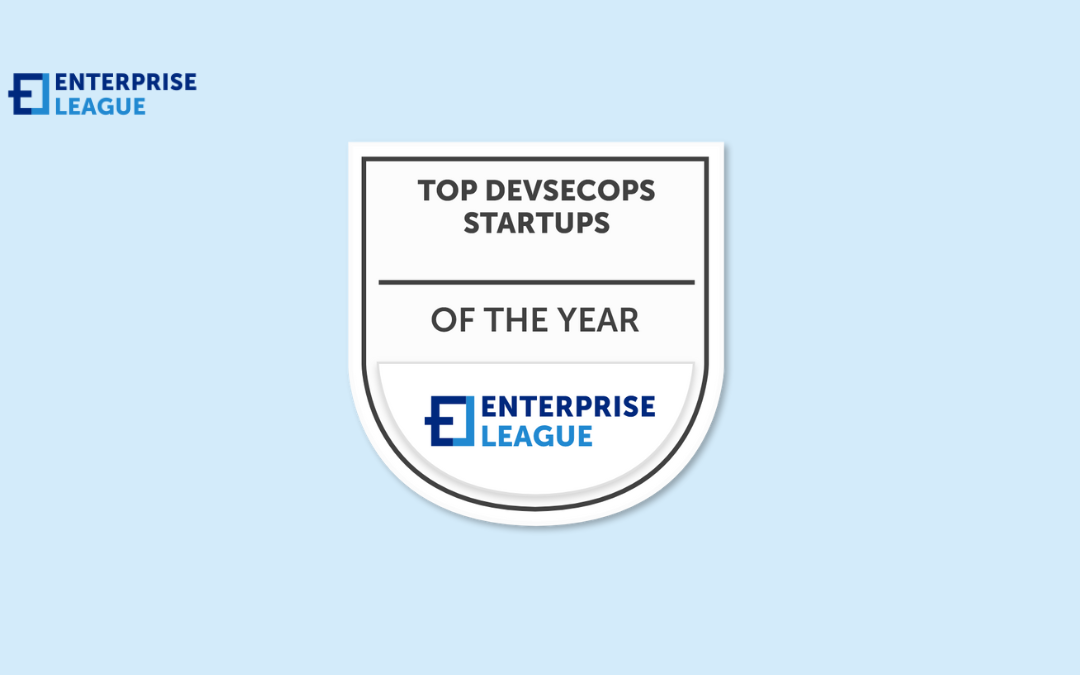
17 innovative DevSecOps startups of tomorrow (2025)
The DevSecOps market is experiencing significant growth that is predicted to reach US$ 45.93 billion by 2032, due to the increasing need for secure and efficient software development and delivery. Since cyber threats are getting sneakier every day, businesses need to stay one step ahead.
Well, DevSecOps is the secret sauce, integrating security protocols throughout each phase of software development. Exactly those systematic integration of security practices throughout the development lifecycle will enable organizations to identify, and remediate vulnerabilities while maintaining operational efficiency and reducing business security risks.
What are DevSecOps startups?
While DevOps startups focus on merging development and operations to enable faster software delivery through automation and continuous integration/delivery, DevSecOps startups are responsible for adding a security layer to this pipeline. By this, we mean security testing, vulnerability scanning, and compliance checks that are automated and built into every stage of development, from code writing to deployment, following a “shift left” approach where security issues are caught and addressed early.
Top DevSecOps startups
Complete list of the most DevSecOps startups that are worth knowing:
Traceable
Founded in 2018, Traceable is a company that provides security tools for cloud-based applications and APIs. Their service uses advanced tracing techniques to track all activity across application code, interfaces, and user transactions.
The Traceable platform installs sensors that monitor code changes and API calls in real-time. This allows teams to visualize how modifications impact endpoints, performance, and security. Granular insights expose hidden risks and vulnerabilities before they can be exploited.
Synack
Founded in 2013, Synack is a cybersecurity testing platform that helps companies find and fix weaknesses in their networks, apps, and systems. They utilize crowdsourced security experts and smart AI to continuously inspect digital assets for risks. Synack has built a global community of highly qualified freelance security researchers. These ethical hackers get rewarded for finding bugs and flaws using approved scans. All testing is done safely through Synack’s private platforms.
The network produces comprehensive security reports that prioritize the most urgent threats for clients. Synack also verifies when bugs are patched to meet compliance requirements. Their mix of human talent and advanced tech-like machine learning allows more accurate discoveries across complex IT environments.
Contrast Security
Founded in 2014, Contrast Security offers an all-in-one application security platform that spans both the software development life cycle and runtime production environments. Their solution combines interactive application security testing (IAST) and runtime application self-protection (RASP) capabilities.
The Contrast platform instruments application code to identify vulnerabilities and detect attacks. Sensors embedded in the application enable analysis across the entire pipeline – during coding, testing, and even after deployment to production.
Snyk
Founded in 2015, Snyk is a cloud service that helps developers securely build applications and fix vulnerabilities in code. Their platform integrates directly into the popular development tools and systems that programmers use every day. For example, Snyk easily embeds into GitHub to check code for risks each time developers commit changes. Recommendations are provided to address any found issues or weaknesses. These fixes can be automatically merged into the main codebase to strengthen it.
The service also scans container images and Kubernetes configurations in the deployment pipeline before applications reach production. This prevents security gaps in containerized apps and infrastructure.
Veracode
Founded in 2006, Veracode is a cybersecurity company that makes software testing tools to help organizations find and fix security flaws in their applications. Their scanning technology uses artificial intelligence to automatically detect risks that hackers could exploit to breach systems and data.
The Veracode platform allows developers to scan code as they build apps to identify issues early on. It also enables companies to routinely check production applications for new threats. Detailed reports make it easy to prioritize the most pressing vulnerabilities so they can be remediated quickly.
Aembit
Founded in 2021, Aembit offers an identity management platform aimed at DevOps teams and security engineers who need to control access between different cloud services and applications. As more workloads move to the cloud, there is often a mix of legacy systems and modern microservices that need to share data. Aembit provides the connective layer to enable secure authentication and permissions across these federated systems.
The platform handles user provisioning, access privileges, and role management to streamline compliance. Granular policies can be implemented to restrict data sharing only to authorized entities. Detailed audit logs track all inter-system user activities for security monitoring.
Chainguard
Founded in 2021, Chainguard aims to address the growing concerns around software supply chain security. The company was created by security experts who recognized the need for better tools and practices in an era where software vulnerabilities can have serious consequences.
Their core offering includes “distroless” container images, which are stripped down to only the essential components needed to run an application. This minimalist approach significantly reduces the potential attack surface by eliminating unnecessary tools and packages that could contain vulnerabilities.
Dazz
Founded in 2021, the Dazz platform simplifies complex security challenges by consolidating disparate tools. This unified approach accelerates vulnerability identification and remediation, reducing risks and enhancing overall security posture.
Dazz’s technology uses automation and intelligent analysis to speed up the remediation process. It can automatically prioritize security issues based on their severity and potential impact, helping teams focus on the most critical problems first. The platform also provides clear guidance on how to fix identified issues, making it easier for developers to implement solutions.
Ox Security
Founded in 2021, Ox Security aims to address the growing concerns around software supply chain attacks. These attacks have become more frequent and sophisticated, targeting not just the final software product but also the tools and processes used to create it.
The company’s platform provides end-to-end visibility across the entire software development lifecycle. This means tracking everything from the initial code writing to deployment in the cloud, and back through any code changes. Their system continuously monitors for security risks and vulnerabilities at every stage.
Abbey Labs
Founded in 2022, Abbey Labs addresses a critical challenge in modern tech companies: managing who has access to what data and when. As organizations grow, keeping track of employee access rights to various systems and databases becomes increasingly complex and risky.
Abbey Labs’ solution is particularly valuable for engineering teams that deal with sensitive customer data or critical infrastructure. Their platform provides detailed audit trails, making it easier for companies to comply with various data protection regulations and security standards.
Firezone
Founded in 2022, Firezone solves common frustrations with traditional VPN solutions. While established VPNs can be slow, complex to set up, and difficult to maintain, Firezone focuses on providing a streamlined, high-performance experience. The core of Firezone’s advantage lies in its use of WireGuard, a modern VPN protocol that’s significantly faster and more efficient than older technologies. WireGuard’s lightweight code base means better speeds and lower server resource usage, resulting in a smoother experience for users.
Being open-source brings additional benefits to Firezone’s solution. Organizations can inspect the code for security, make customizations to fit their needs, and benefit from community contributions. This transparency and flexibility set it apart from proprietary VPN solutions.
Speedscale
Founded in 2020, Speedscale’s innovative approach uses existing traffic patterns to create realistic test scenarios. Instead of writing complex test scripts manually, developers can capture real user interactions with their applications and replay them at scale. This ensures that tests reflect genuine user behavior rather than hypothetical situations.
Speedscale’s integration with Kubernetes makes it particularly valuable for cloud-native applications. The platform can automatically generate test cases and mock services based on observed traffic patterns, saving developers countless hours of manual work. This automation helps catch potential issues before they impact real users.
Cloudanix
Founded in 2019, Cloudanix offers comprehensive security monitoring and management tools specifically designed for multi-cloud setups. It can simultaneously track security configurations, compliance requirements, and potential vulnerabilities across different cloud providers like Google Cloud Platform (GCP), Microsoft Azure, and Amazon Web Services (AWS).
One of Cloudanix’s key strengths is its ability to standardize security practices across different environments. Whether teams are working on development, testing, or production accounts, the platform ensures consistent security policies and compliance standards are maintained.
Myrror
Founded in 2022, Myrror helps organizations identify and address security threats before they can be exploited. The company’s technology uses advanced scanning and analysis techniques to examine code throughout the development process.
Unlike traditional security tools that might flag every potential issue, Myrror’s intelligent system prioritizes vulnerabilities based on their actual risk level and exploitability. This helps security teams avoid “alert fatigue” and focus their efforts where they’re most needed.
Darkhive
Founded in 2022, Darkhive specializes in developing accessible situational awareness systems for US-allied military and public safety personnel. Their systems are designed to be user-friendly while providing crucial real-time information to those who need it most. The company’s technology combines various data sources, including sensors, cameras, and mapping systems, to create comprehensive situational awareness tools.
These tools help users understand what’s happening around them, identify potential threats, and make better-informed decisions in critical situations. Darkhive’s systems are particularly valuable in emergency response scenarios, where quick access to accurate information can save lives. Their technology can be used in various situations, from natural disaster response to law enforcement operations, providing essential insights to those on the ground.
appCD
Founded in 2023, appCD is a technology company that specializes in generating Infrastructure from Code (IfC) based on application code. appCD’s Infrastructure from Code (IfC) approach differs from traditional Infrastructure as Code (IaC) methods. While IaC requires developers to manually write infrastructure specifications, appCD’s system can automatically generate these specifications by understanding the application’s needs and requirements.
Their platform can detect various application components, such as databases, caching systems, and networking requirements, and automatically create the necessary infrastructure configurations. This not only saves time but also helps prevent human errors and ensures optimal resource allocation.
Netmaker
Founded in 2021, Netmaker is open-source software that makes it easy for organizations to connect distributed IT infrastructure and services. It builds secure virtual networks using WireGuard, which is a new type of protocol that establishes connections efficiently.
Netmaker creates an overlay network that instantly connects things like cloud servers, company branches, and Kubernetes clusters. This seamless networking helps teams treat separate environments as one unified system. Setting up cross-environment connections used to require cobbling complex VPNs, VLANs etc. Netmaker vastly simplifies this with modern architecture.
Conclusion
Lorem Ipsum is simply dummy text of the printing and typesetting industry. Lorem Ipsum has been the industry’s standard dummy text ever since the 1500s, when an unknown printer took a galley of type and scrambled it to make a type specimen book. It has survived not only five centuries, but also the leap into electronic typesetting, remaining essentially unchanged. It was popularised in the 1960s with the release of Letraset sheets containing Lorem Ipsum passages, and more recently with desktop publishing software like Aldus PageMaker including versions of Lorem Ipsum.
Discover more creative startups that might interest you:
- Top real estate startups that are changing the real estate industry.
- Get entertained and educated with some of the best business movies.
- Mind-blowing retail solutions by the world’s most ambitious retail startups.
- The best cyber security that are working on keeping the Internet a safe space.
Related Articles
Developing a strong financial foundation: 4 healthy financial habits
Enhancing product identification: 4 Best practices for efficiency
Enhancing product identification is crucial for businesses. Check out the four best practices that can help improve efficiency in product identification.
Achieving maximum productivity: 7 Time-saving tips for business owners and employees
Want to achieve maximum productivity? Check out these seven time-saving tips that can help you work smarter and increase overall productivity in the workplace.
How to predict future trends and transform your business
Business success greatly depends on the ability to predict future trends. Hence we’re discussing how to predict future trends and leverage them for the growth of your company.
5 steps to successful exit planning (2025)
Are you preparing to exit your business? Here are five steps to follow for successful and painless exit planning. Make sure you leave with a clean slate.

